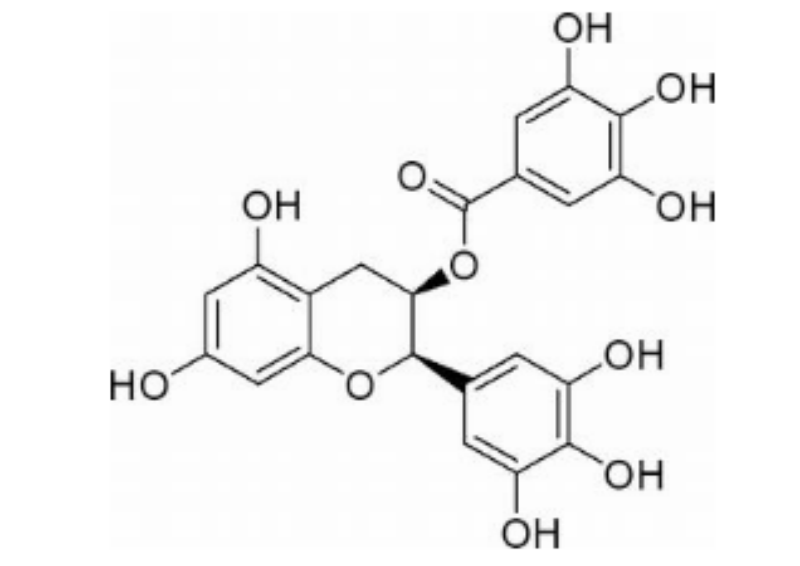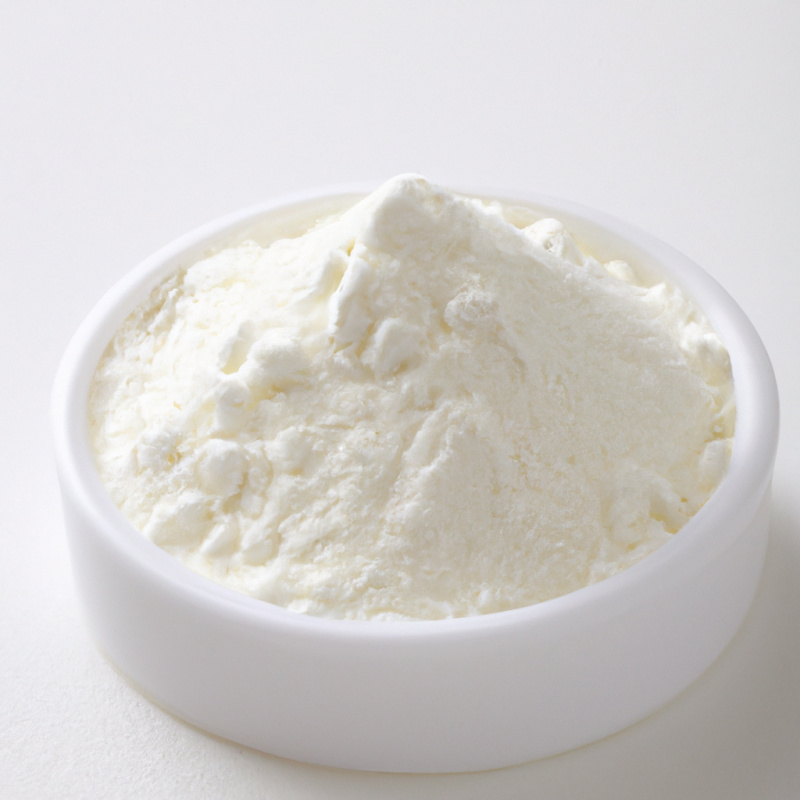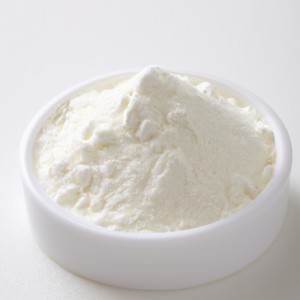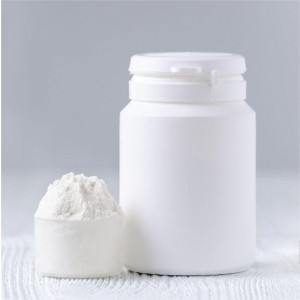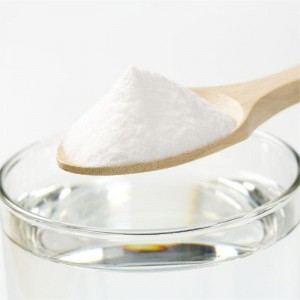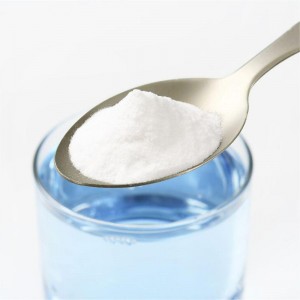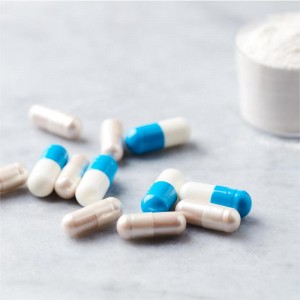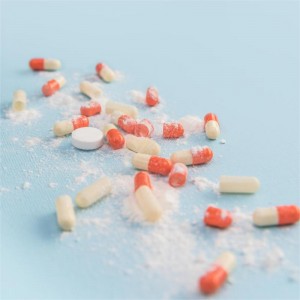Tea polyphenol Cas number: 84650-60-2 Molecular Formula:C17H19N3O
Tea, Ext.
Green Tea P.E
Tea Polyphenol
Teagreenextrakt
Green Tea Extract
Black Tea Extract
Tea Polyphenol(Tp)
Tp(Tea Polyphenol)
Tea Polyphenols(Tp)
Tea Phenol From Tea
Tea Polyphenol (Tp98)
Camelliasinensisextract
Green Tea Extract Powder
Camellia Sinensis Leaf Extract
Green Tea Extract 98% Polyphenols
Green Tea Extract 40% Polyphenols
Green Tea Extract 50% Polyphenols
De-Caffeinated Green Tea Catechins
Powdered Decaffeinated Green Tea Extract
Powdered Decaffeinated Green Tea Extract (300 Mg)
Green Tea Catechins (Ethyl Acetate Free/Grain Alcohol/Water Extraction Only)
| Melting Point | 222-224°C |
| Density | 1.9±0.1 g/cm3 |
| storage temp | Inert atmosphere,Room Temperature 2-8°C |
| solubility | DMSO (Slightly), Methanol (Slightly) |
| optical activity | N/A |
| Appearance | Light Orange Powder |
| Purity | ≥98% |
The phenolic compounds in tea (tea polyphenols) are also known as catechins. In green tea, the four major catechins are (-)-epigallocatechin-3-gallate (EGCG) and its derivatives including (-)-epigallocatechin (EGC), (-)-epicatechin gallate (ECG), and (-)-epicatechin (EC). EGCG takes around 50-80% of the total catechin in green tea and it has been shown to be responsible for much of the health promoting ability of green tea.
Tea polyphenols exhibit anti-carcinogenic, anti-oxidative, anti-allergic, antiviral, anti-hypertensive, anti-atherosclerosis, anti-cardiovascular disease and anti-hypercholesterolemic activities. EGCG has shown to inhibit hepatitis C virus entry and carcinogenesis. Studies suggest that tea polyphenols may help treat health conditions including atherosclerosis, high cholesterol, and cancers including bladder cancer, breast cancer, ovarian cancer, colorectal cancer, esophageal cancer, lung cancer, pancreatic cancer, prostate cancer, skin cancer, and stomach cancer. Tea polyphenols could be helpful in treating inflammatory diseases.
green tea extract (Camellia sinensis L.) is a powerful anti-oxidant because of its catechin content, it is also known to be an antibacterial, anti-inflammatory, and a stimulant. In clinical studies, green tea demonstrates an ability to prevent or at least postpone the onset of such illnesses as cancer and heart disease. This is attributed to the catechin component’s ability to penetrate into a cell, thereby protecting the cell from free radicals and associated damage. Because of its anti-oxidant properties, green tea is usually incorporated into anti-aging formulations. When applied topically, it can also reduce skin swelling. In addition, it can be found in sunscreens, given its ability to extend the product’s SPF. The extract and its associated catechins can be obtained from both the plant and its dried leaves. other constituents of green tea include caffeine and phenolic acids.
